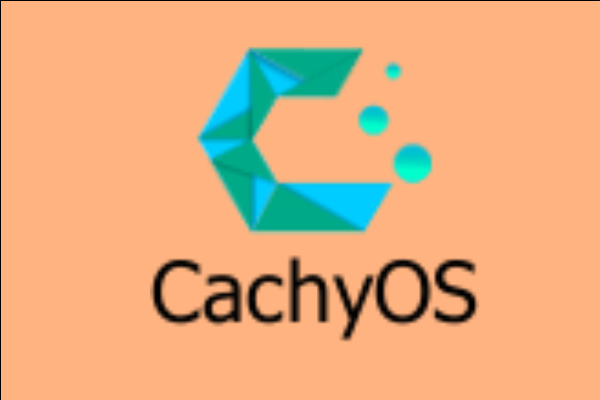
2025. July 15.
CachyOS: The Linux Distribution for Gamers
Many people still associate Linux with complexity—an operating system reserved for technically savvy users, and certainly not one suitable for gaming. For years, gaming was considered the domain of Windows alone. However, this perception is gradually changing. Several Linux distributions tailored for gamers have emerged, such as SteamOS. Among them is CachyOS, an Arch-based system that prioritizes performance, security, and user experience. The July 2025 release is a clear example of how a once niche project can evolve into a reliable and appealing option for everyday use. In fact, it recently claimed the top spot on DistroWatch’s popularity list, surpassing all other distributions.
2025. July 15.
Will Artificial Intelligence Spell the End of Antivirus Software?
In professional discussions, the question of whether artificial intelligence (AI) could become a tool for cybercrime is increasingly gaining attention. While the media sometimes resorts to exaggerated claims, the reality is more nuanced and demands a balanced understanding.
2025. July 14.
What Kind of Browser Is OpenAI Developing – and Why Should We Pay Attention to It?
For decades, internet browsers have operated on the same basic principle: users type what they're looking for, then click through links and navigate between pages to find the desired information or service.
2025. July 14.
The Era of AI-Driven Startups
Startups have always thrived on rapid adaptation and the implementation of new ideas. In recent years, however, the emergence of artificial intelligence has fundamentally transformed the pace and strategy of these ventures. In a recent talk, world-renowned AI expert and AI Fund founder Andrew Ng discussed how businesses can harness AI to achieve lightning-fast execution and business success.
2025. July 12.
Switzerland’s New Language Model Shows How AI Can Truly Serve the Public Good
As artificial intelligence (AI) rapidly transforms scientific research, industry, and public services, growing concerns are emerging about its transparency, societal value, and accountability. Swiss researchers are responding to these concerns with a bold initiative: they have developed a fully open-source, publicly funded large language model (LLM), which they plan to release to the public this summer. The project is led by ETH Zurich, EPFL, and the Swiss National Supercomputing Centre (CSCS), with computing power provided by Alps—a supercomputer purpose-built for AI tasks.
2025. July 09.
Phase Transition Observed in Language Model Learning
What happens inside the "mind" of artificial intelligence when it learns to understand language? How does it move from simply following the order of words to grasping their meaning? A recently published study offers a theoretical perspective on these internal processes and identifies a transformation that resembles a physical phase transition.
2025. July 09.
How AI is Helping to Reduce Carbon Emissions in the Cement Industry
One industry alone is responsible for around eight percent of global carbon emissions: cement production. That’s more than the entire aviation sector emits worldwide. As the world increasingly relies on concrete for housing, infrastructure, and industrial facilities, cement manufacturing remains highly energy-intensive and a major source of pollution. A research team at the Paul Scherrer Institute (PSI) in Switzerland is aiming to change this—by using artificial intelligence to develop new, more environmentally friendly cement formulas.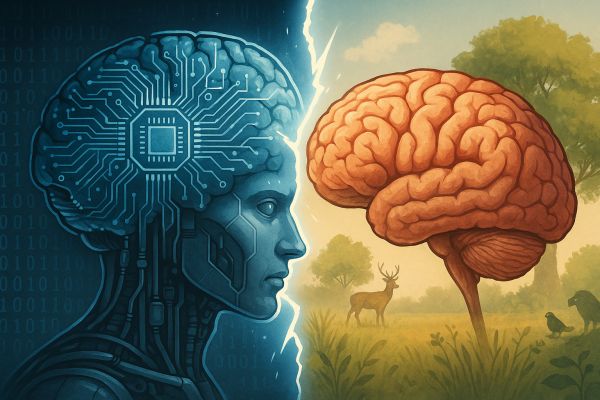
2025. July 08.
Where is Artificial Intelligence Really Today?
The development of artificial intelligence has produced spectacular and often impressive results in recent years. Systems like ChatGPT can generate natural-sounding language, solve problems, and in many tasks, even surpass human performance. However, a growing number of prominent researchers and technology leaders — including John Carmack and François Chollet — caution that these achievements don’t necessarily indicate that artificial general intelligence (AGI) is just around the corner. Behind the impressive performances, new types of challenges and limitations are emerging that go far beyond raw capability.
2025. July 07.
Rhino Linux Releases New Version: 2025.3
In the world of Linux distributions, two main approaches dominate: on one side, stable systems that are updated infrequently but offer predictability and security; on the other, rolling-release distributions that provide the latest software at the cost of occasional instability. Rhino Linux aims to bridge this divide by combining the up-to-dateness of rolling releases with the stability offered by Ubuntu as its base.
2025. July 07.
SEAL: The Harbinger of Self-Taught Artificial Intelligence
For years, the dominant belief was that human instruction—through data, labels, fine-tuning, and carefully designed interventions—was the key to advancing artificial intelligence. Today, however, a new paradigm is taking shape. In a recent breakthrough, researchers at MIT introduced SEAL (Self-Adapting Language Models), a system that allows language models to teach themselves. This is not only a technological milestone—it also raises a fundamental question: what role will humans play in the training of intelligent systems in the future?
2025. July 04.
All it takes is a photo and a voice recording – Alibaba's new artificial intelligence creates a full-body avatar from them
A single voice recording and a photo are enough to create lifelike, full-body virtual characters with facial expressions and emotions – without a studio, actor, or green screen. Alibaba's latest development, an open-source artificial intelligence model called OmniAvatar, promises to do just that. Although the technology is still evolving, it is already worth paying attention to what it enables – and what new questions it raises.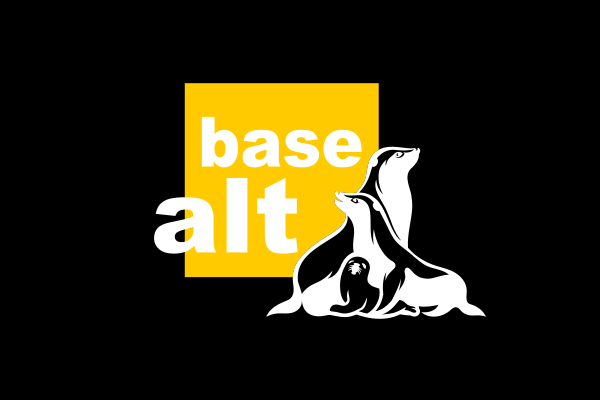
2025. July 04.
ALT Linux 11.0 Education is the foundation of Russian educational institutions
ALT Linux is a Russian-based Linux distribution built on the RPM package manager, based on the Sisyphus repository. It initially grew out of Russian localization efforts, collaborating with international distributions such as Mandrake and SUSE Linux, with a particular focus on supporting the Cyrillic alphabet.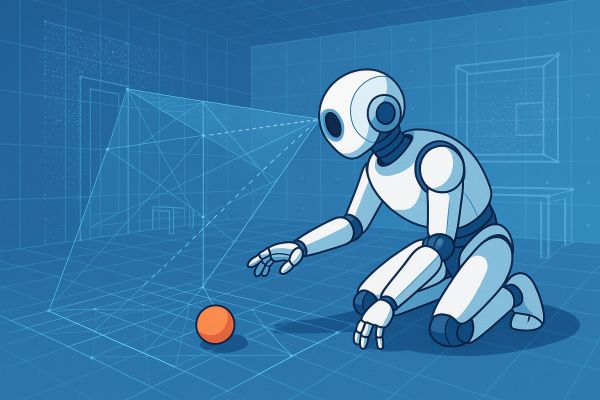
2025. July 03.
Spatial intelligence is the next hurdle for AGI to overcome
With the advent of LLM, machines have gained impressive capabilities. What's more, their pace of development has accelerated, with new models appearing every day that make machines even more efficient and give them even better capabilities. However, upon closer inspection, this technology has only just enabled machines to think in one dimension. The world we live in, however, is three-dimensional based on human perception. It is not difficult for a human to determine that something is under or behind a chair, or where a ball flying towards us will land. According to many artificial intelligence researchers, in order for AGI, or artificial general intelligence, to be born, machines must be able to think in three dimensions, and for this, spatial intelligence must be developed.
2025. July 02.
What lies behind Meta's artificial intelligence reorganization?
Mark Zuckerberg, CEO of Meta, is not taking a bold step for the first time, but this time he is carrying out a more comprehensive reorganization than ever before in the company's artificial intelligence divisions. All existing AI teams, including research and development, product development, and basic model building, will fall under the newly created division called Meta Superintelligence Labs (MSL). The goal is not only to create artificial intelligence (AGI) that can compete with human thinking, but also to create a system-level superintelligence that surpasses human capabilities.
2025. June 30.
GNOME 49 will no longer support X11
Although GNOME is perhaps the most commonly used desktop environment for individual Linux distributions, the developers have decided to make deeper structural changes in GNOME 49, which will affect distribution support.
2025. June 29.
Facebook's new AI feature quietly opens the door to mass analysis of personal photos
Users who want to share a post on Facebook are greeted with a new warning: a pop-up window asking for permission for “cloud-based processing.” If we approve, the system can access our entire phone photo library—including photos we've never uploaded to the social network. The goal: to generate creative ideas using artificial intelligence, such as collages, themed selections, or stylized versions.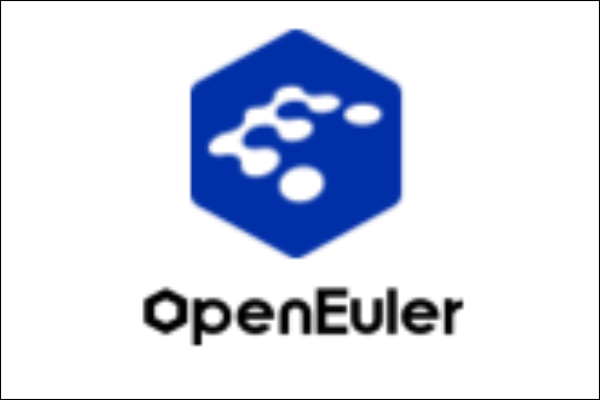
2025. June 28.
openEuler 24.03-LTS-SP2 is the platform of choice for large enterprises in China
The future of digital infrastructure is increasingly based on operating systems that can meet the stability, innovation and compatibility requirements of different industries. openEuler, China's first community open source operating system, is not just a technology product, but the result of a long-term strategic effort to create an independent and diverse technology ecosystem. The latest major milestone in this development is openEuler 24.03 LTS SP2.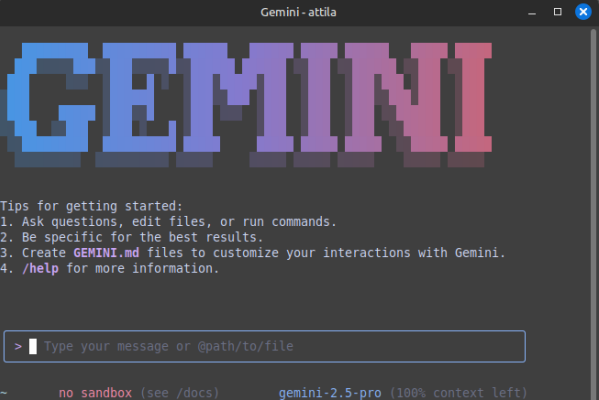
2025. June 27.
Google Gemini CLI, a powerful offering in the field of AI accessible from the terminal
Google's recently announced Gemini CLI is an open source, command line AI tool that integrates the Gemini 2.5 Pro large language model directly into the terminal. The goal of the initiative is nothing less than to transform natural language commands into real technical workflows, in an environment that has already been synonymous with efficiency for many.Linux distributions
-

Alpine Linux
3.22.12025. July 15.
-

CentOS
10-202507152025. July 15.
-

RELIANOID
7.72025. July 15.
-

Accessible-Coconut
22.04.042025. July 13.
-

BigLinux
2025-07-132025. July 13.
-

CachyOS
2507132025. July 13.
-

EasyOS
6.1082025. July 13.
-

GParted Live
1.7.0-82025. July 13.
-

Manjaro Linux
25.0.52025. July 13.
-

Archcraft
2025.07.122025. July 12.
-

Bluestar Linux
6.15.62025. July 11.
-

RebornOS
2025.07.092025. July 10.
-

SmartOS
202507102025. July 10.
Desktop Environments
-

KDE Plasma
6.4.32025. July 15.
-

Gnome
48.32025. June 29.
-

Cinnamon
6.4.102025. April 29.
-

Cosmic
1.0.0 alpha.72025. April 24.
-

LXQt
2.2.02025. April 17.